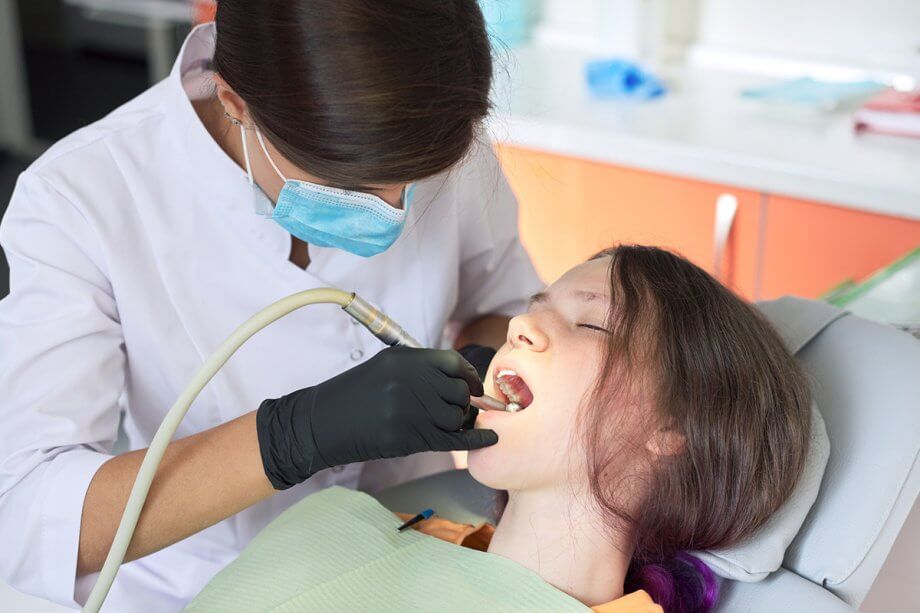It's not uncommon to feel anxious about going to the dentist. According to the American Dental Association, as many as 30% of Americans avoid the dentist due to anxiety or fear.
If you fear dental treatment, sedation dentistry allows you to safely get the care you need while feeling relaxed and comfortable.
What is sedation dentistry?
Sedation dentistry is a field of dentistry that uses medication to help patients relax during procedures. It's sometimes called "sleep dentistry," although that's not entirely accurate. Patients under sedation are usually awake but may not be aware of—or remember—what's happening in the dental chair.
Is sedation dentistry safe?
Sedation dentistry has been proven safe with a very low incidence of complications when used by qualified, licensed professionals. Patients are evaluated to determine the most appropriate level of sedation and are monitored continuously throughout the dental procedure.
Why is sedation used in dentistry?
Sedation dentistry allows anxious patients to receive dental care without fear or discomfort. You may be a candidate for sedation dentistry if you experience any of the following:
- Low pain or anxiety tolerance: Patients with a low tolerance for discomfort or anxiety can better cope with dental procedures while sedated.
- Gag reflex: Sedation dentistry makes procedures more manageable for individuals who have a strong gag reflex.
- Fear of needles: Sedation dentistry can make dental appointments more comfortable for patients who fear needles.
- Complex dental needs: Patients who require extensive or lengthly dental work may find it easier to undergo treatment under sedation.
What sedatives are used in dentistry?
A few types of sedation are available, each producing a different level of sedation. The type of anesthesia used is determined by the patient's level of anxiety, the complexity of the procedure, and whether the procedure will take place in the dentist’s office or a hospital.
These are the most common sedation options:
Nitrous Oxide
Patients are awake but deeply relaxed under nitrous oxide sedation. Nitrous oxide, or “laughing gas,” is administered through a breathing tube that fits over the nose.
Nitrous oxide wears off within minutes, enabling you to drive yourself home safely and resume your usual activities.
Conscious Oral Sedation
Conscious oral sedation can be mild or moderate, depending on the medication and dosage prescribed by your dentist. You’ll feel drowsy under conscious sedation but will be able to respond to directions from your dentist.
The effects of conscious oral sedation can take several hours to wear off, so you’ll need to arrange for someone to drive you home. Don’t drive or operate heavy machinery until the day after the procedure.
IV Sedation/General Anesthesia
An anesthesiologist administers general anesthesia in a surgical center or hospital. IV sedation is used less frequently in dentistry than nitrous oxide and conscious oral sedation.
Under IV sedation, the patient experiences a deep sleep and will not recall the procedure. Surgical staff monitor the patient in recovery as the anesthesia wears off until they can safely be released into the care of the person who accompanied them to the procedure.
What are the side effects of sedation dentistry?
Side effects of sedation dentistry are mild and may include lightheadedness, sleepiness, headaches, and nausea.
Rosewood Dental Offers Sedation Dentistry
In the hands of an experienced dentist, sedation dentistry provides a way for patients with anxiety or complex dental needs to maintain their oral health without fear or undue discomfort.
Call 301-515-2466 today to schedule a consultation or book an appointment. We look forward to providing safe, effective. comfortable dental care to meet your needs.

